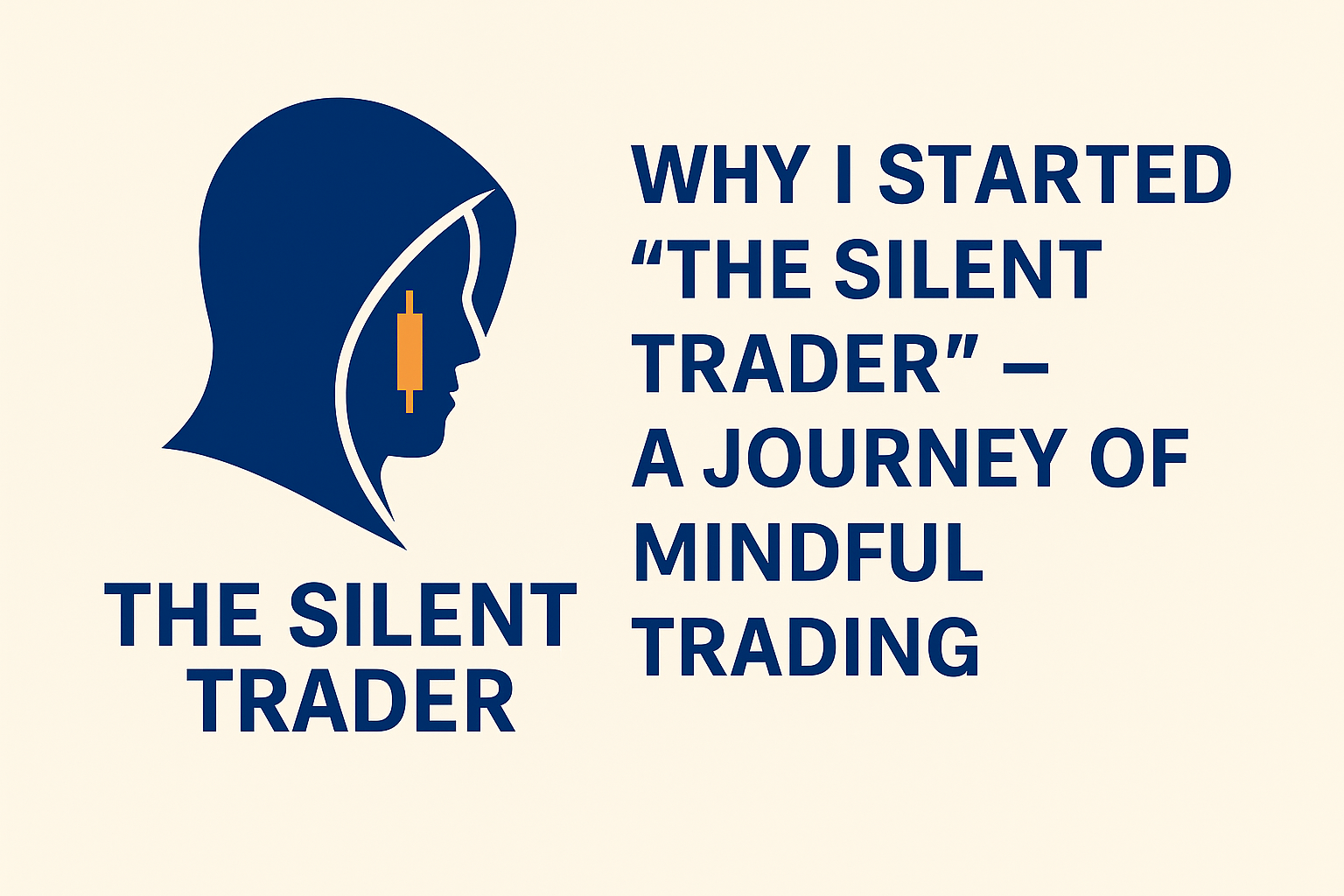The Psychology Behind Successful Trading: Mastering Emotions
“It’s not the market you have to beat, it’s your own mind.”
The stock market is a game of probabilities — but for most traders, the biggest battle is internal. Understanding the psychology behind successful trading is the key to long-term success, especially in high-stakes strategies like option selling.
Why Trading Psychology Matters More Than Strategy
You can have the most well-researched strategy, but if fear and greed drive your decisions, even the best trades will fail. Emotional discipline is what separates a consistent trader from a gambler.
Common Emotional Traps in Trading
- Fear of Loss
Causes premature exits, even when the trade setup is valid. - Greed for More
Leads to holding positions longer than necessary, risking reversal. - FOMO (Fear of Missing Out)
Triggers impulsive entries without analysis. - Revenge Trading
Entering trades out of frustration after a loss, leading to poor decisions.
“Mastering trading psychology means mastering patience, discipline, and objectivity.”
Developing a Winning Trader’s Mindset
- Stick to a Trading Plan
Define entries, exits, and risk before placing the trade. - Accept Losses Gracefully
Losses are part of the game — treat them as business expenses. - Practice Mindfulness
Stay aware of emotional triggers during market hours. - Journal Your Trades
Documenting reasons and emotions behind trades helps build awareness.
Emotion Control in Option Selling
In option selling, emotions run high because:
- Trades last longer
- Losses can be sharp if not managed
- Temptation to adjust or overtrade increases
Staying calm, managing risk, and letting data drive decisions is essential.
Final Thoughts
Successful trading is 80% psychology and 20% strategy. If you can manage your emotions, you can manage your trades.
“A calm mind sees clearly. A clear mind trades wisely.”
Related Reads:
- Read about Why I Started ‘The Silent Trader’
- Understand The Power of Compounding in Options Income

